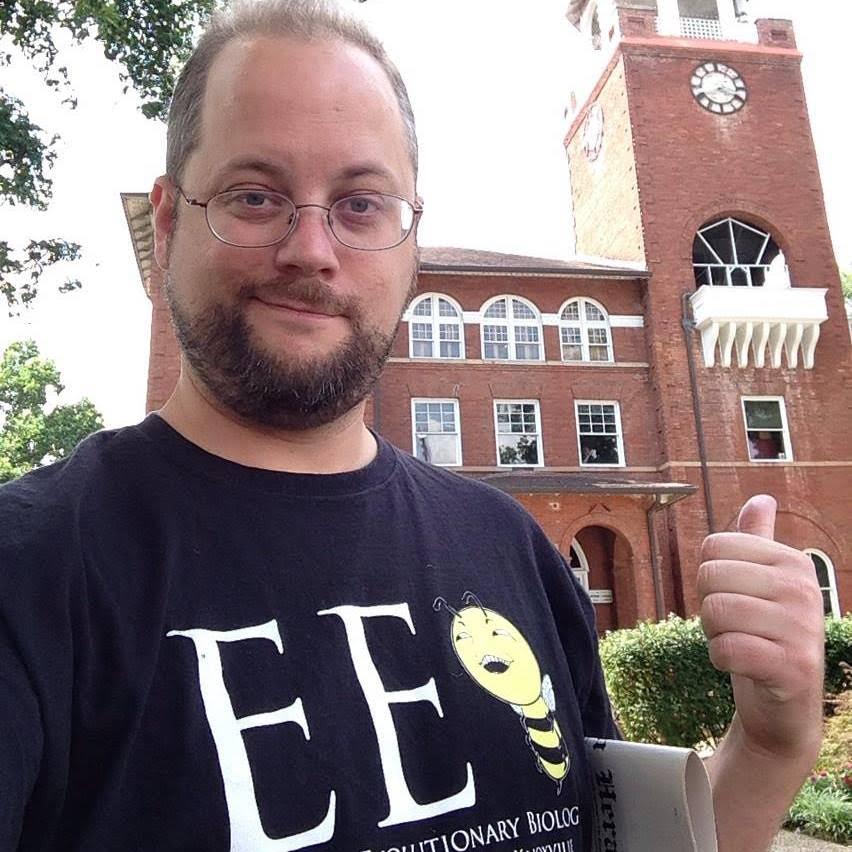
Nick Matzke's "The Evolution of Antievolution Policies after Kitzmiller v. Dover" (PDF; subscription required), a new paper forthcoming in Science, is receiving plenty of press coverage. As NCSE previously reported, the paper shows that even though creationism is getting stealthier in the wake of legal defeats such as Kitzmiller v. Dover, techniques from modern evolutionary biology reveal how creationist legislation is evolving. Here is a sampling of the coverage.
The Los Angeles Times (December 17, 2015) reported, "The forces opposed to teaching evolution in U.S. public schools just got a new reason to resent the bedrock scientific theory: A researcher has used the principles of evolutionary biology to show that laws ostensibly aimed at improving science education are firmly rooted in efforts to make classrooms safe for creationism."
The Washington Post (December 17, 2015) explained, "Matzke swapped out genomes and morphological traits with text from legislative proposals designed to keep evolution out of schools and let creationism in. ... The efforts to push creationism as a valid alternative to evolutionary biology can be traced back almost a century, when teaching evolution was banned, but Matzke analyzed only the 65 bills proposed in the past decade."
In a podcast with Scientific American's Steve Mirsky (December 18, 2015), Matzke commented, "I took all those bills, lined up all those texts, coded all the characteristics, all the variations between these texts, and then ran them through the standard phylogenetic analyses that we use for DNA. We use them for dinosaurs, they get used to study virus evolution. Those same programs can be used on texts that have been copied and modified."
Matzke told CityLab (December 17, 2015), "It is one thing to say that two bills have some resemblances, and another thing to say that bill X was copied from bill Y with greater than 90 percent probability ... I do think this research strengthens the case that all of these bills are of a piece — they are all 'stealth creationism,' and they all have either clear fundamentalist motivations, or are close copies of bills with such motivations."
Ars Technica (December 17, 2015) summarized, "Matzke concludes that opponents of evolution have reinvented themselves twice over the last dozen years or so, starting with academic freedom bills and later switching to science education acts. During that time, there were also some successful innovations, such as bringing along climate change in an attempt to attract wider conservative support."
Matzke told Vox (December 17, 2015) that the comparison with evolution was apt. "We know that microbes evolve. They evolve to get around the immune system. They evolve to become sneakier. Animals evolving camouflage to avoid predators and stuff like that. We're really seeing that happen with these creationist bills. The more obvious forms of these bills got shot down." But sneakier versions pass, he added, as in Louisiana and Tennessee.
Slate (December 22, 2015) added, "While these bills are sneaky, Matzke's handy chart shows that it's possible to find the common roots of these sorts of anti-science efforts. In his words: 'They are not terribly intelligently designed.' So thank you, Dr. Matzke, for revealing these bills for what they truly are: religion in disguise. And thank you, creationists, for providing a robust teaching tool for a theory you claim does not exist."
Now a Discovery Early Career Researcher Award Fellow at the Australian National University, Matzke previously worked at NCSE from 2004 to 2007, where he was the staffer who worked most closely with the legal team for the plaintiffs in Kitzmiller v. Dover, the 2005 case that established the unconstitutionality of teaching "intelligent design" creationism in the public schools. The case was decided on December 20, 2005 — a date jokingly remembered as Kitzmas.
Updated on December 22, 2015, with the addition of the next-to-last paragraph.
